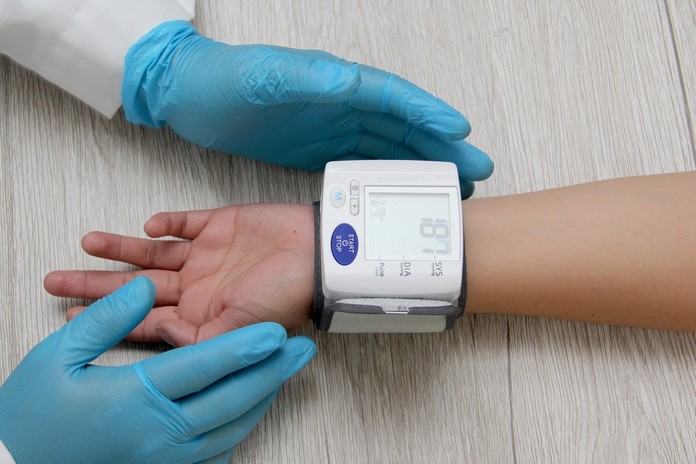Diagnosing Hypertension

Hypertension is one of the easiest blood vessel conditions to diagnose. In the majority of cases, patients are diagnosed accidentally when they visit doctors’ office for a routine checkup or the consultation for some other disease. Hypertension is rarely diagnosed after just one reading. The most appropriate method to diagnose hypertension in a person is taking readings of blood pressure on two separate occasions, at least 4 hours apart. If both readings are more than 140/90 mmHg, you will be diagnosed as a case of hypertension.
In some cases with uncertainty, your doctor may request additional readings over the course of a few days to make a definitive diagnosis. Borderline readings need to evaluate more deeply for a sustained underlying problem. Certain environmental factors such as a diet rich in salt, stress and “white-coat” hypertension can interfere with the diagnosis of high blood pressure.
If there is constantly experience high blood pressure, your doctor may advise further laboratory tests to evaluate the underlying cause. The common clinical tests include cholesterol screening test, urine test, ECG, and an ultrasound of kidneys and heart. These tests are important to rule out any secondary health issues causing high blood pressure. If you are diagnosed during your annual checkup examination or as a result of screening, your doctor may begin your treatment to control the condition at an early stage and prevent health complications.
